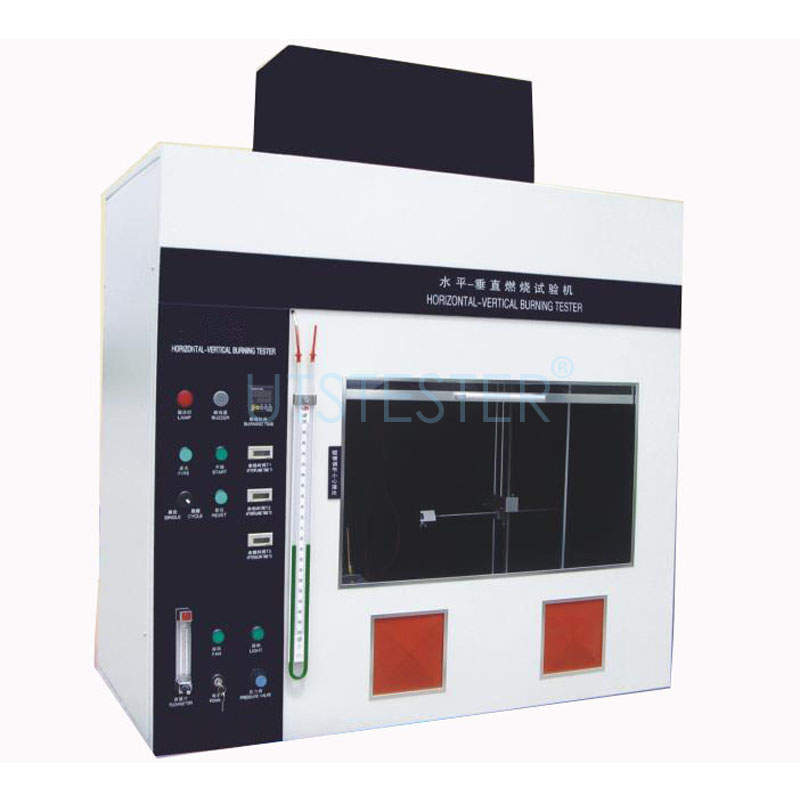 +86 152 6060 5085
+86 152 6060 5085
 +86 152 6060 5085
+86 152 6060 5085
2018-12-24
TF03 Horizontal and Vertical Flammability Tester choose micro combustion calorimetry.
Micro combustion calorimetry (MCC) :
First, let's understand what is micro combustion calorimetry (MCC) : also known as pyrolysis combustion flow calorimetry (PCFC), the micro calorimeter USES the traditional oxygen consumption principle.
The samples are placed in the calciner and added at a certain heating rate (typically 1-5k /s). The decomposition products are taken out of the calciner by inert gas, mixed with oxygen, and injected into the combustion chamber at 900 degrees Celsius. The decomposition products are completely oxidized in the combustion chamber. Oxygen loss in combustion process can be determined by oxygen concentration and flow rate of combustion gas, so as to obtain heat release rate.

Advantages of microcalorimetry:
The advantage of micro combustion calorimetry is that it is not affected by the processing. It can check the material particles and component samples before processing, so as to infer the impact caused by the processing. A small portion of the plastic (2-3mg) is heated in front of the inert gas (e.g., nitrogen) with a heating coil surrounding the test chamber.
After heating and nitrogen supply are interrupted, the external igniter ignites the released combustible gas and supplies oxygen. Heat release is determined by oxygen consumption. During the test, the heat released per unit of substance and the corresponding sample temperature are marked.
know more from TF03 Horizontal and Vertical Flammability Tester.
Email: hello@utstesters.com
Web: www.utstesters.com
Tel: +86 7686689
Direct line: +86 15260605085
Previous article :
Maintenance method of fabric strength machineNext article :
Merry Christmas